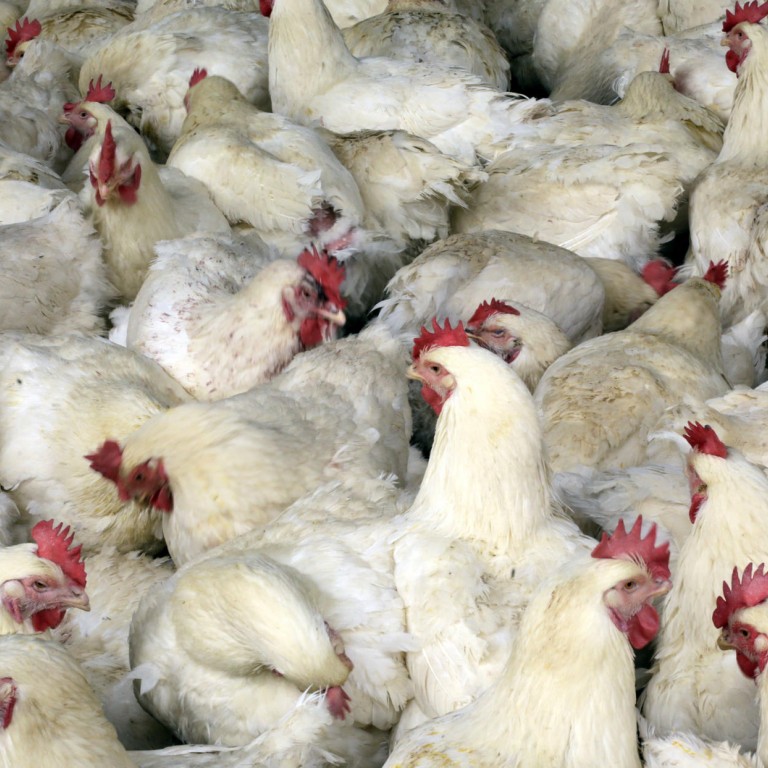
Scientists search for chickens that like to fry
US scientists investigate heat-tolerant African poultry as part of an effort to breed farm animals that can withstand a warmer world
When a team of researchers from the University of Delaware travelled to Africa two years ago to search for exemplary chickens, they weren't looking for plump thighs or delicious eggs.
They were seeking out birds that could survive a hotter planet.
We have to ... anticipate what changes we have to make in order to feed nine billion people
The researchers were in the vanguard of food scientists, backed by millions of dollars from the US government, racing to develop new breeds of farm animals that can stand up to the hazards of global warming.
Some climate-change activists dismiss the work, which is just getting under way, as a concession to industrial-style agriculture, which they blame for compounding the world's environmental problems. Those leading the experiments, however, say new, heat-resistant breeds of farm animals will be essential to feeding the world as climate change takes hold.
The experiments reflect a continued shift in the US response to climate change. With efforts to reduce carbon emissions lagging behind what most scientists believe will be needed to forestall further warming, the government is looking for ways to protect key industries from the impact.
In agriculture, "we are dealing with the challenge of difficult weather conditions at the same time we have to massively increase food production" to accommodate larger populations and a growing demand for meat, said US Agriculture Secretary Tom Vilsack.
That means efforts like the one in which Professor Carl Schmidt and his colleagues are trying to map the genetic code of bizarre-looking African naked-neck chickens to see if their ability to withstand heat can be bred into flocks of US broilers.
"The game is changing since the climate is changing," Schmidt said. "We have to start now to anticipate what changes we have to make in order to feed nine billion people," he added, citing global-population estimates for 2050.
Warmer temperatures can create huge problems for animals farmed for food. Turkeys are vulnerable to a condition that makes their breast meat mushy and unappetising. Disease rips through chicken coops. Brutal weather can claim entire cattle herds.
"It's a big problem when it happens," said Gale Strasburg, a professor of food science at Michigan State University researching more robust turkeys.
"Within a day or two after the heatwave hits, you will go from there being no problem at all on a farm to 40 per cent of turkey breasts having a problem."
Some notable climate experts, however, question the emphasis on keeping pace with a growing global appetite for meat. Because raising animals demands so many resources, the only way to reduce greenhouse gases might be to encourage people to eat less meat, they say.
The US Department of Agriculture approach to climate change "is like trying to promote driver safety while helping the car industry make faster cars", said Alan Miller, the World Bank's former climate change specialist.
